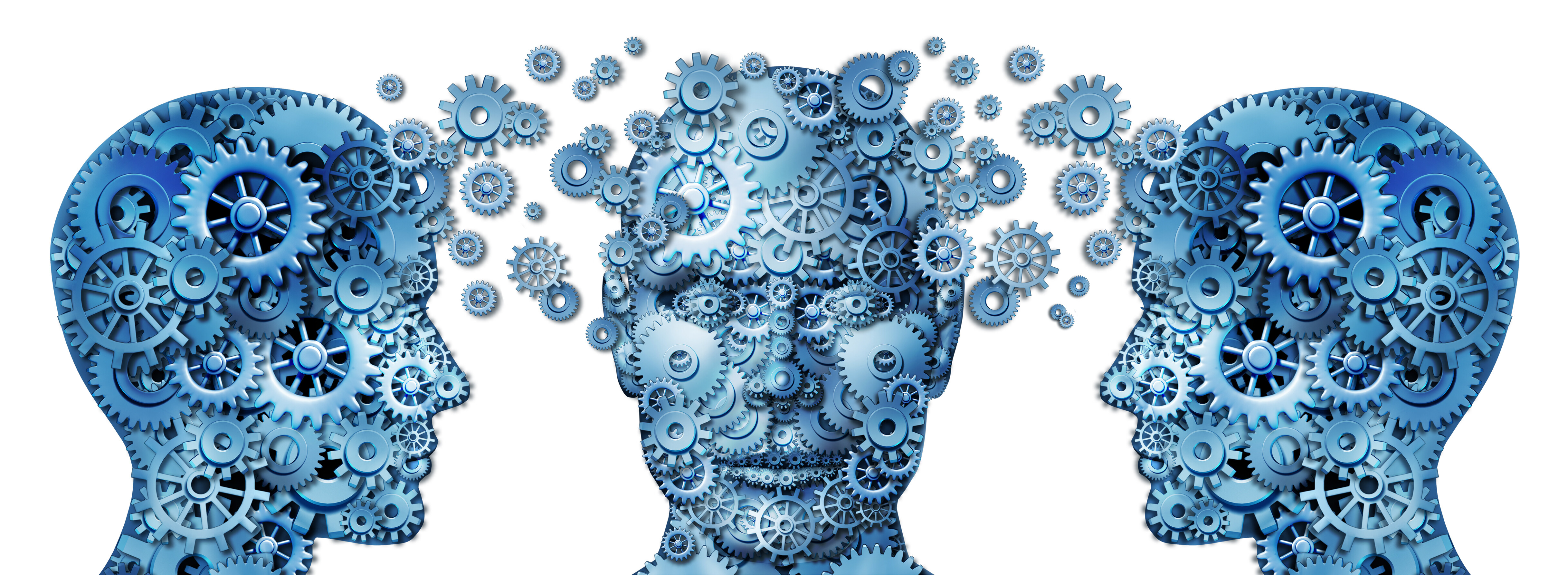
01 Oct 2025
Mindset the Missing Link in Leadership Development
Change Doesn’t Fail — Leaders Do.
Why Mindset Is the Missing Link in Leadership Development
Lately, I’ve been meeting with a number of senior leaders, digging into where their organisations are at and sharing how we approach leadership at Mantle.
One theme keeps coming up: mindset.
More and more leaders are recognising that any leadership development programme that doesn’t include mindset work is leaving something critical on the table. Without it, you’re just layering skills on top of old habits. No real shift happens.
It’s got me thinking — why is mindset still the missing piece in so many leadership programmes?
The Illusion of “Well Regarded”
I was once asked to review a long-running leadership programme. It was seen as solid. Safe. No one had much to complain about. But when I dug deeper, the feedback was vague, the data was thin, and the outcomes were more about completion than change.
The curriculum ticked the usual boxes: influencing, decision-making, team performance. All fine. But it lacked three critical things:
- Mindset development
- Line manager engagement
- Connection to business strategy
What I saw was a low-expectation model. A programme seen as a cost, not an investment. Ironically, leadership is supposed to be about creating change — but this programme had no real ambition to shift anything.
That’s not uncommon.
Why We Start with Mindset
At Mantle, when we design bespoke programmes, we think in three layers: mindset, skillset, and toolset. But mindset comes first.
Our definition of mindset goes beyond Carol Dweck’s fixed vs. growth lens. For us, mindset is how leaders make sense of the world — their assumptions, beliefs, and patterns of meaning-making. These internal maps shape every habit and choice.
And beliefs matter.
Many leaders get promoted because they’re experts. They get things done. They have answers. Over time, those strengths solidify into identity:
“I’m good at what I do. I know what’s right.”
But when the context shifts — restructures, transformation, disruption — those same strengths can become blind spots.
A mindset built around control, certainty, or being right won’t survive complexity, feedback, or change.
We see this all the time: capable leaders stuck in behaviours that no longer serve them. Not because they lack intelligence. Not because they lack intent. But because they’re running on old mental software.
What Neuroscience Tells Us
The brain is built to adapt. Neuroplasticity continues well into adulthood. But when leaders are under pressure — stressed, stretched, or sleep-deprived — the amygdala kicks in. The threat response narrows focus and triggers defensive habits.
In change environments, this looks like:
- Snap judgments
- Shutting down feedback
- Sticking to what’s safe and familiar
But with the right input — insight, support, and practice — the brain can rewire. Mindset can shift. We’ve seen it happen.
Mindset Change Isn’t Optional Anymore
The pace of change isn’t slowing. The pressure isn’t easing. Leadership today demands more than just skills — it demands new ways of thinking and being.
At Mantle, we help leaders:
Surface their current mindset
Understand the science behind behaviour
Try new approaches in real-time
Make those shifts stick
This isn’t theory. It’s transformation. Leaders stop reacting and start reshaping. They become change-makers, not just change managers.
Mindset Isn’t Fluffy. It’s Foundational.
Too often, mindset gets written off as soft. It’s not. It’s the base layer that shapes every decision, every conversation, every outcome.
Carol Dweck’s research showed that a growth mindset enables learning, feedback, and resilience. Neuroscience now shows how that happens in the brain.
Leaders with a growth mindset:
- Stay open
- Embrace feedback
- Model vulnerability
- Encourage experimentation in others
Leaders with a fixed mindset:
- Avoid failure
- Defend status
- Reject challenge
And here’s the catch: mindset is contagious. It doesn’t just affect the leader — it cascades through the culture.
One Shift. Big Impact.
Take one client. A senior leader in a major services firm. Smart, respected — and exhausted. Her team was disengaged. She was in constant problem-solving mode, doing more and achieving less.
Through coaching and our mindset-first process, she saw how her need to be “the expert” was silencing her team. She began to shift — asking more, telling less.
That one change transformed her leadership. Engagement improved. Her team started stepping up. She wasn’t just leading them — she was leading with them.
Let’s Lead Better
If you’re investing in leadership development, ask yourself:
Are we just changing what leaders do — or who they are?
Because change doesn’t fail on a PowerPoint slide. It fails in conversations, behaviours, and decisions — all of which are driven by mindset.
If you’re ready to go deeper, let’s talk. Follow us here on LinkedIn or connect with us at mantle.co.nz.
The future belongs to leaders who are willing to think differently.
Are you one of them?
Connect with us on LinkedIn, or sign up to our e-newsletter
